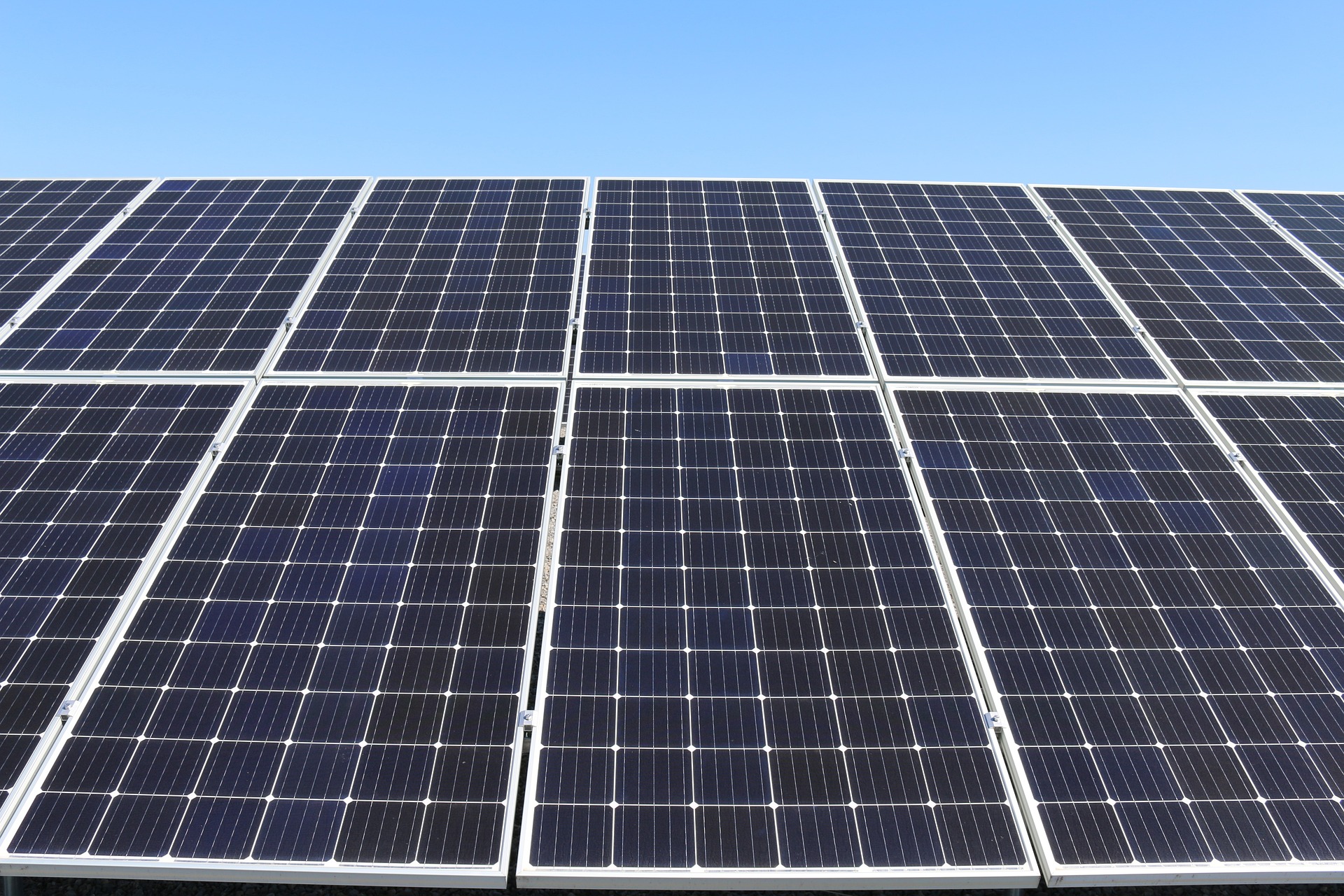Discover How Solar Panel Installation and Renewable Energy Are Evolving in Australia in 2025
Did you know Australia’s solar market in 2025 features advanced technologies and government incentives that shape installation trends? Explore key companies, costs, and innovations transforming how residential and commercial customers engage with solar energy solutions.
Solar Panel Installation Companies Across Australia
Australia’s solar market consists of numerous accredited and skilled installers providing customized solutions for homes and businesses. These companies generally deliver end-to-end services from system design and product supply to installation, financing options, and ongoing maintenance. Some prominent installers in 2025 include:
-
Solar Harbour: Listed by SunWiz among the top 20 residential solar installers in Australia for 2025, Solar Harbour has been operational since 2009. It supplies solar panel systems with workmanship guarantees, primarily serving residential and commercial clients in New South Wales, Queensland, and the Australian Capital Territory. Solar Harbour focuses on quality solar solutions aimed at lowering energy consumption and carbon emissions.
-
SolarHub: A Clean Energy Council (CEC) accredited retailer with over 15 years of experience, SolarHub offers residential solar installations paired with battery storage and home electrification products. SolarHub participates in the 2025 federal “Cheaper Home Batteries Program,” enhancing access to energy storage options.
-
Century Solar Energy, Cosmic Solar, My Energy Group, and Specialized Solar & Electrical: Featured on the B2B platform EnSun, these companies operate in states such as Victoria, New South Wales, and Queensland. Their service range includes solar system design, installation, and financing, with many boasting Clean Energy Council accreditation.
-
Proven Energy and Autonomous Energy: Concentrating on commercial and industrial solar projects, these providers deliver photovoltaic systems emphasizing premium components, customer support, and project execution.
-
Solenergy Group: Located in Queensland, Solenergy Group aims to ensure hassle-free installation for both residential and commercial customers through accredited installers.
Residential and Commercial Solar Installation Process
Key Steps in Solar Installation
Solar installation typically involves:
-
Site Assessment and Design: Evaluating solar potential, roof condition, shading, and energy requirements to optimize the system design.
-
Product Selection: Selecting durable and efficient solar panels, inverters, and mounting systems from trusted manufacturers.
-
Installation: Certified installers mount and connect solar arrays following Australian standards.
-
Grid Connection and Commissioning: Connecting the system to the grid and performing tests to confirm proper functioning.
Costs and Financing
Residential solar installation expenses vary based on system size, components, and location, generally ranging from AUD 4,000 for smaller systems to over AUD 15,000 for larger setups. Leading companies frequently provide financing options like loans or solar leases to promote broader accessibility.
Warranties and Guarantees
Providers such as Solar Harbour and SolarHub emphasize workmanship guarantees and warranties, often spanning ten years or more, which support consumer confidence in solar investments.
Renewable Energy Solutions Beyond Solar Panels
In 2025, multiple solar companies also offer:
-
Battery Storage Systems: Devices that store solar energy for use during nights or outages, supported by initiatives like the Cheaper Home Batteries Program.
-
Home Electrification and EV Charging: Integration of solar power with electric vehicle charging stations and energy-efficient home appliances.
-
Commercial EPC Services: Engineering, procurement, and construction services for large-scale solar projects provided by firms similar to Autonomous Energy.
-
Maintenance with Drone Technology: Companies such as Skykam Ltd employ drones equipped with thermal and high-resolution cameras for efficient fault detection in solar farms.
Government Incentives and Regulations Supporting Solar Energy
Australia’s regulatory environment features:
-
Small-scale Renewable Energy Scheme (SRES): Financial certificates that help lower upfront solar installation costs.
-
Feed-in Tariffs: Customers receive credits or payments for exporting excess electricity back to the grid.
-
Cheaper Home Batteries Program (2025 Federal Initiative): A $2.3 billion program aimed at making battery storage more affordable.
Working with Clean Energy Council accredited installers helps consumers access these incentives while ensuring compliant installations.
Considerations for Selecting a Solar Installer
When selecting a solar installer in Australia, consider:
-
Accreditation and Experience: Confirm Clean Energy Council accreditation and the installer’s experience.
-
Customer Service and Support: Review post-installation services, warranties, and workmanship guarantees.
-
Equipment Quality: Verify use of high-quality panels and inverters from reputable manufacturers.
-
Pricing Transparency and Financing: Look for clear cost breakdowns and availability of payment options.
-
Sustainability Commitment: Choose companies dedicated to minimizing environmental impacts.
Summary
Australia’s solar and renewable energy industry in 2025 features a range of accredited installers serving residential and commercial clients. Companies like Solar Harbour, SolarHub, and others offer comprehensive services that align with government incentives. Progress in battery technology and maintenance methods contribute to evolving industry standards. By partnering with qualified installers providing quality products and transparent services, customers can make informed choices about adopting solar energy solutions.
Sources
- Solar Harbour is a Top 20 Residential Solar Systems Installer for 2025 - SunWiz
- Top Solar Energy Companies in Australia - EnSun
- SolarHub - Solar Panel Installation and Battery Storage Solutions
Disclaimer: All content, including text, graphics, images and information, contained on or available through this web site is for general information purposes only. The information and materials contained in these pages and the terms, conditions and descriptions that appear, are subject to change without notice.





